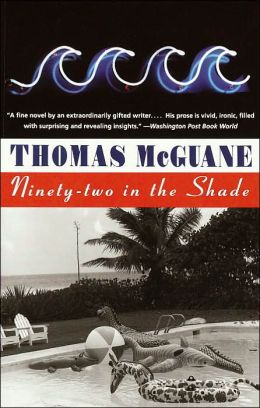Nana
 Nana by Émile Zola (1880). Nana is a low-born courtesan who succeeds among the French elite. Zola meant his heroine to represent the corruption of the Second Empire under the twin stresses of hedonism and capitalism. But like some uncontrollable genie uncorked from a bottle, she becomes the greatest femme fatale since Helen of Troy.
Nana by Émile Zola (1880). Nana is a low-born courtesan who succeeds among the French elite. Zola meant his heroine to represent the corruption of the Second Empire under the twin stresses of hedonism and capitalism. But like some uncontrollable genie uncorked from a bottle, she becomes the greatest femme fatale since Helen of Troy.
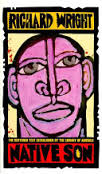 Native Son
Native Son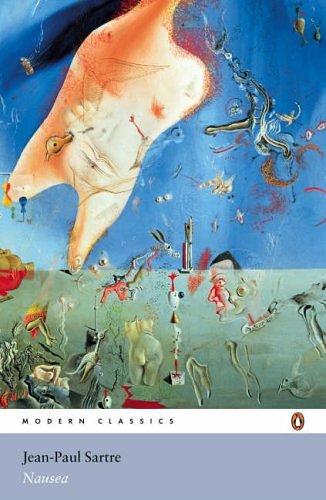
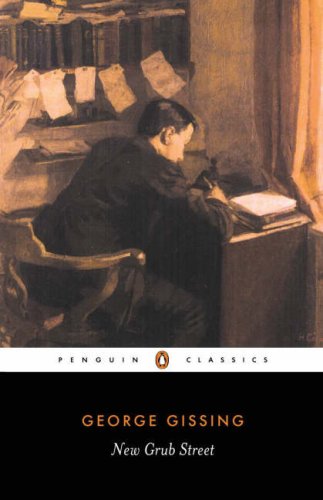
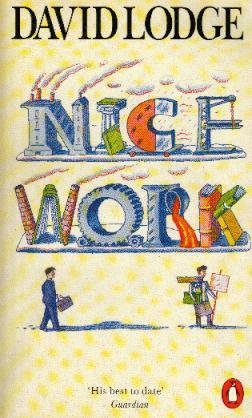
 Night
Night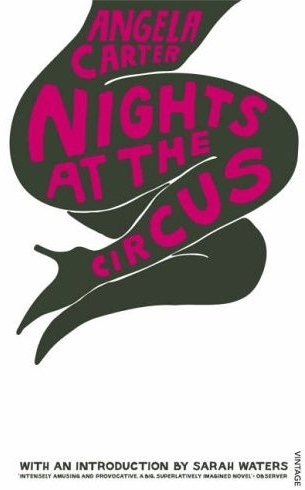
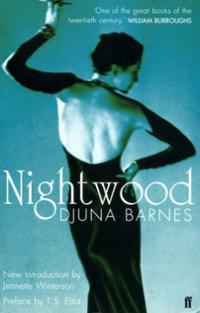 Nightwood
Nightwood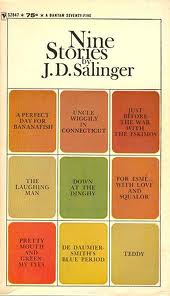 Nine Stories
Nine Stories